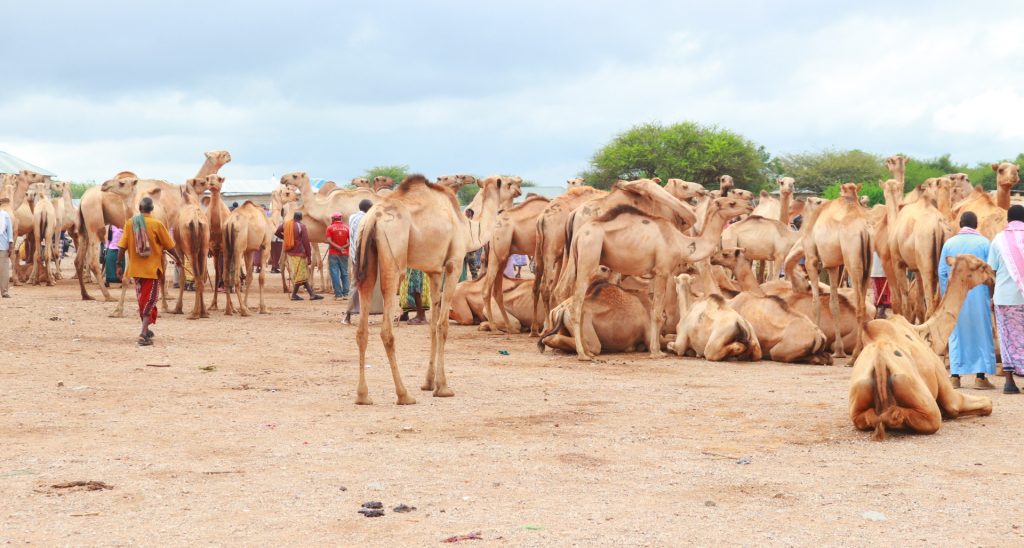Somalia has been grappling with conflict for several decades, and the effects of climate change have compounded the situation. The country has experienced a range of climate-related events, such as droughts, flash floods, erratic rainfall, strong winds, cyclones, sandstorms, dust storms, and increased temperatures. These events have contributed to local grievances and community tensions, which have fueled herder-farmer conflicts as settled communities and livestock herders compete for scarce resources.
The resulting displacement of people has led to overcrowding in areas that were already suffering from resource scarcity, increasing the risks of violent conflict. While there is no direct causal link between climate change and conflict, researchers argue that climate change may exert an indirect and conditional effect on conflict risk. In this paper, we explore the drivers of conflict among pastoral communities in Somalia and their management strategies for promoting peace (ICRC 2021).
Click the button below to read the full policy brief.

